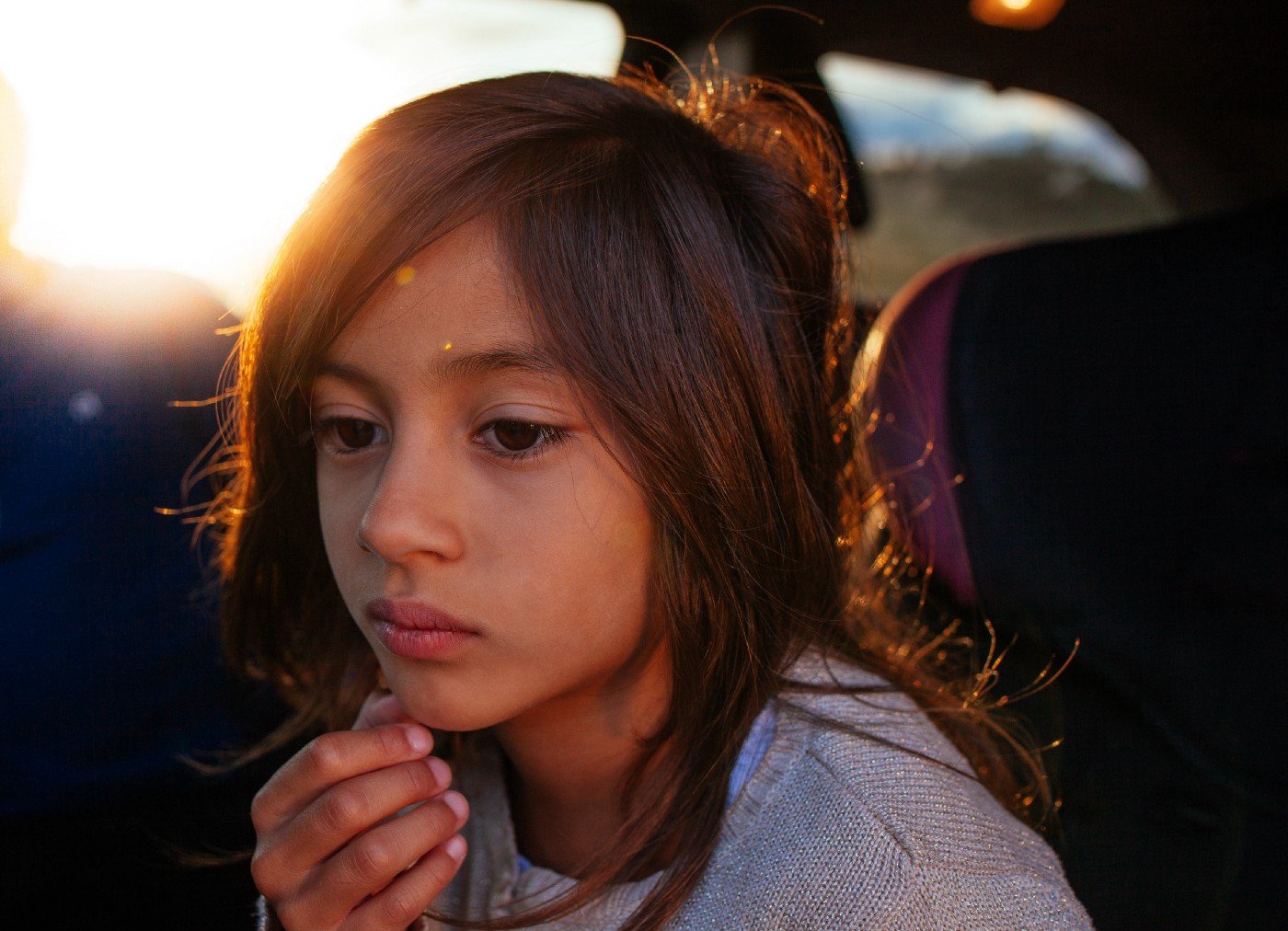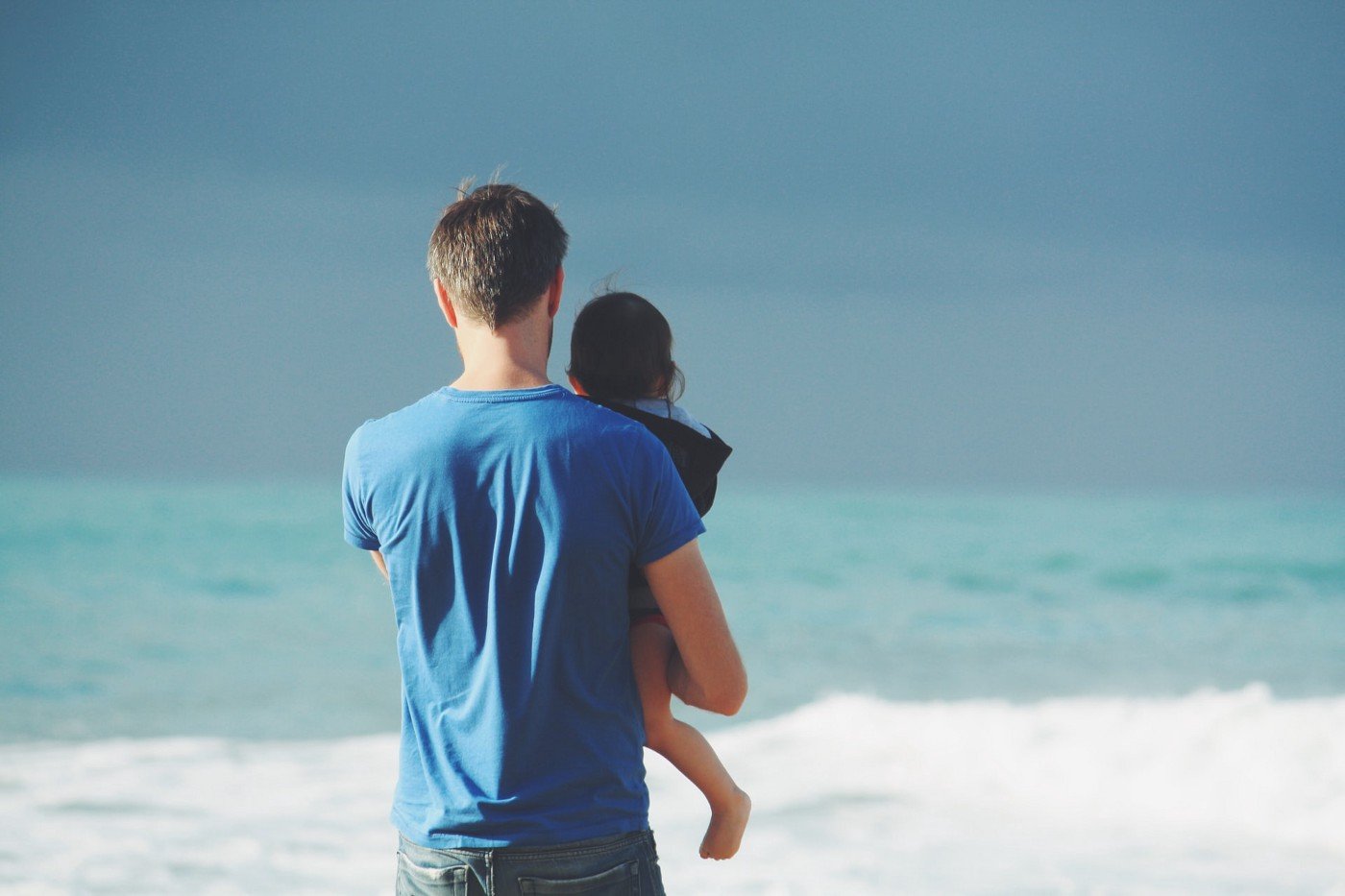How Do Children Grieve?

Tomorrow is Children’s Grief Awareness Day, a day dedicated to spreading awareness about the support that children need after experiencing a loss. Kids are not immune to grief, and understanding how they react to a loss can help prepare parents and caregivers to support them throughout the process.
Because of Covid-19, more than 140,000 kids in the U.S. have lost a primary or secondary caregiver. This highlights the importance of recognizing childhood grief and understanding how to offer support if you work with children in any capacity.
While children are certainly affected by loss, their grief probably won’t follow the same trajectory as adults. This happens because kids don’t instinctively understand what death and loss mean at first, and they process overwhelming feelings in different patterns because of how their brains are still developing. The way that kids grieve may look a little bit different than your own or your family’s grieving process, so knowing what to expect can equip you to help them through it.
Here are 5 things to know about how kids grieve:
1. Kids are not too young to hear the truth.
Before understanding how kids grieve, it’s important to really underscore the simple fact that they do grieve in the first place. It may be instinctive as a parent to try and shield kids from as much pain as you can, but hiding the truth won’t prevent them from being affected by a loss. It may only confuse them and cause more hurt down the road. You should be honest with your kids about what’s happened; if a family member has died, communicate this openly. Avoid using euphemisms like, for example, saying that a person has simply “gone to rest” or is “sleeping.” In order to grieve in a healthy way, kids need honesty first — even if it’s difficult. Instead, you might try saying something like: “This person has died. When someone dies, that means their body stops working and we won’t get to see or play with them any more.”
2. Kids may not fully grasp the meaning of a loss at first.
Children don’t understand death the same way that adults do, meaning they might have some misconceptions about what’s happened after a loss. One of the biggest misunderstandings for young kids in particular is that they don’t always accept death as something irreversible. It’s not uncommon for kids to ask when a person who has died will be “coming back” or when they’ll get to see them again, and this may happen even if they seemed to have previously understood that a loved one has died. This happens because for them, death isn’t something permanent. It may take a little bit of extra explaining and support to communicate that their loved one won’t be coming back. Depending on your or your family’s spiritual or religious beliefs, you can absolutely talk to your kids about what happens to a person after death. This can be really beneficial in helping them cope, but make sure you distinguish between what happens physically (a person stops breathing and their body stops functioning) and what happens spiritually (to their soul or spirit). Otherwise, kids might become distressed, for example, during burial or cremation services if they don’t understand that once a person dies, their body no longer feels pain. This can be a really tough conversation to have, but it is an important one. Kids need to understand the reality of a loss in order to begin to grieve and heal.
3. For kids, grief may come and go.
Young children especially might be overwhelmed by the loss of a family member or loved one, so in order to cope with what’s happened, kids frequently process their grief in small pieces over time. It might seem like kids come in and out of grief in waves: they may be visibly upset one moment and playing like normal the next. This doesn’t mean that they aren’t grieving any longer or that they aren’t affected by their loss. This is totally normal (and actually quite common) — it’s just their way of slowly building an understanding of what’s happened and processing it at a pace that they can handle developmentally.
4. They might feel guilty.
This sometimes happens because kids use something called “magical thinking” to make sense of the world, which means that they believe that their thoughts, ideas, or wishes can make real, physical changes happen. Because they think that bad things are caused by bad thoughts, they might believe that a loved one has died because they must have said or did something wrong. Guilt is a common reaction for kids who are grieving, so keep an eye out for any signs that your children are feeling guilty. You can reassure them that they’ve done nothing wrong, and that feeling bad doesn’t necessarily mean that you’ve done something bad.
5. Kids may grieve through play.
In many ways, play is the primary language that kids use to express themselves. It makes sense, then, that when processing something as profound as a loss, play may be an important outlet to help kids cope with their grief. For some kids, play might be a direct way for them to try and work through their emotions. Their play might start to center around death or involve details of their loss. This might feel uncomfortable, but it’s completely normal; unless these kinds of behaviors at playtime start to make your child upset, there’s no need to step in. For other kids, play might be a way to step away from their grief for a while. It’s healthy for kids to find moments of joy even in the middle of processing something tough, and this can actually help prevent them from getting overwhelmed during the grieving process.
For an age-by-age breakdown of how kids process grief, and tips on how to support your family through the grieving process, check out the entire module “Talking to kids about grief & loss” in the maro parents app.
